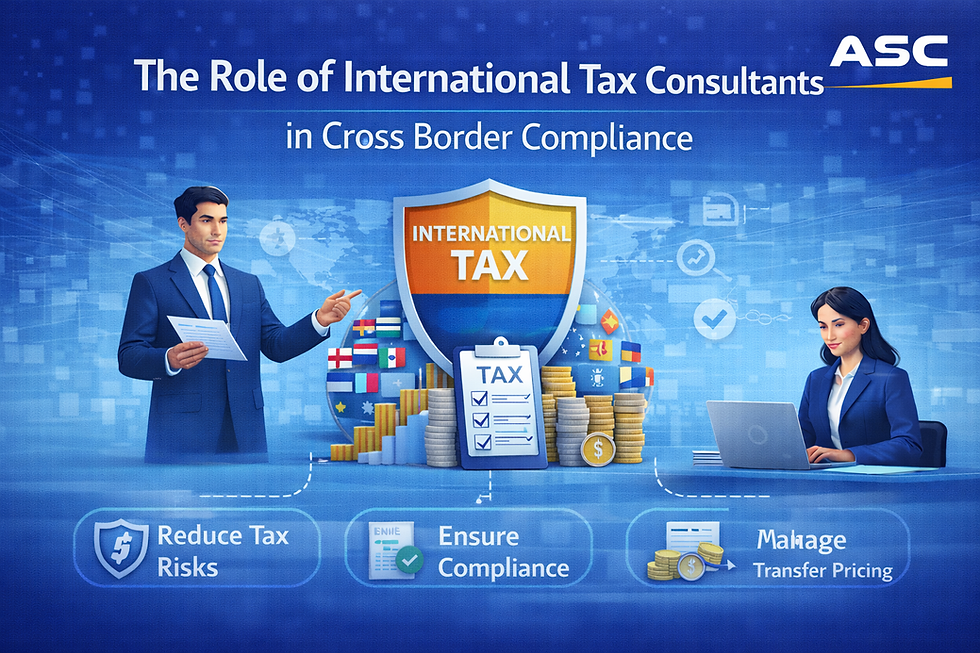Extended Deadline for Filing Quarterly and Annual Returns Under E-Waste (Management) Rules, 2022
- ASC Group
- Oct 3, 2024
- 2 min read
Extended Producer Responsibility is a regulatory principle created to ascertain that all the key players in the waste management sector, notably the producers of plastic waste, are able to oversee the complete life cycle of their products. In other words, the full responsibility for all kinds of waste produced rests with the producer, right from its processing and recycling to ensuring that the environment does not get polluted by it. The EPR approach to plastic waste management calls for the optimisation of resources by the manufacturer and recyclers while minimising pollution emanating from plastic garbage treatment. CPCB issues an EPR Certificate to the plastic waste recyclers once all the requirements are met. Registration for EPR Certification as laid down under the Plastic Waste Management Rules, 2022, is mandatory for all plastic waste recyclers.
Deadline for Filing of EPR Plastic Returns by CPCB
The CPCB has also stated that all PIBOs, who are the major stakeholders in EPR regime, are required to file their EPR plastic returns on or before November 30, 2024. A single-window portal was first made operational in the year 2022 to facilitate the registration of PIBOs for EPR, and uploading of annual plastic waste returns and other requisite documents on the said portal is to be completed before the end.Annual Return of EPR
Plastic Waste Management- Key Features
Annual EPR return on management of plastic waste shall include:
EPR Targets: Recyclers will have to declare the amount of plastic waste the recycling company has recycled in a particular year. This will encourage higher levels of recycling.
Recycled Plastic Particulars: Returns shall be filed only by a registered recycler having a valid EPR certificate. No. The quantity of plastic disposed at the end of its life cycle shall be reported.
Filing of EPR Plastic Returns According to the Plastic Waste Management Rules, PIBO shall file its EPR report to the State Pollution Control Board or CPCB every year by 30 November of the year. In order to file the returns:
Filing of Form IV: The returns shall be filed before the CPCB using Form IV, and the State Pollution Control Board shall submit a consolidated report in Form VI. Non-compliance with the deadline prescribed by CPCB will attract penalties for the PIBOs. Fines are ₹ 5,000/- per tonne for the first violation, ₹ 10,000/- for the second, and up to ₹ 20,000/- for subsequent violations. Continuous non-compliance could result in the imposition of stricter sentences, including cancellation of license and even imprisonment.
Conclusion
The EPR requirements bind any business involved in plastic waste generation and recycling with the provisions according to CPCB guidelines. While the EPR compliance-making process is hectic with multiple prerequisites to be fulfilled by any business, volumes of documents have to be submitted, and correct and timely filing helps maintain environmental responsibilities without attracting penalties. ASC Group provides end-to-end services to businesses on maintaining EPR filing schedules, hence, ensuring due compliances efficiently.




Comments